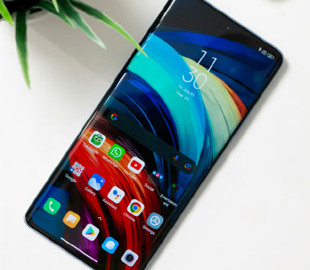
The Android operating system is becoming increasingly demanding on smartphone resources, such as RAM and internal storage. For a long time, users believed that closing all open applications helps improve device performance.
The News.LIVE website tells why you should stop forcibly closing applications on Android smartphones.
The logic of this method is simple — freeing up memory allows other programs to run faster. However, on modern devices, this approach is outdated and, conversely, can cause the smartphone to slow down.
Android independently manages resources
One of the important features of Android is the automatic reduction of resource usage by background processes and applications when they are inactive. This has been working since Android 6.0 Marshmallow, which was released in 2015.
There are several popular misconceptions about the benefits of closing applications that are not supported by real data:
- Saving battery life — Google has long optimized the power system, and forcing applications to close rarely has a noticeable effect. The battery is used more efficiently when Android manages processes on its own.
- Speeding up your smartphone — in fact, frequently closing programs forces the system to spend more resources on restarting them, which can even slow down the device.
- Reduce mobile data usage — some apps can indeed use the internet in the background, but Android lets you control this in the settings. However, limiting background data can affect the way you receive notifications.
With the release of Android 6.0, Google introduced Doze, which automatically puts apps to sleep when they're not in use. This saves battery life and reduces CPU usage.
In its early stages, Doze was too aggressive and could interfere with important features like alarms and notifications. In modern versions of Android, the system has become smarter, although manufacturers such as Samsung, OnePlus, Huawei and Xiaomi can change the optimization algorithms in their own shells.
Why closing apps can slow down your device
If you close an app, it takes more resources to relaunch it, especially if it was completely unloaded from memory. This is explained by the three types of application startup in Android:
- cold startup — when the application is closed and started from scratch, which takes the most time and resources;
- warm startup — when the application is still in memory, and the system resumes its work faster;
- hot startup — when the application simply returns to the foreground, which requires almost no additional resources.
This process can be compared to a car on a frosty day — if the engine has already been running, restarting it is much faster than if the car has been stationary for a long time.

